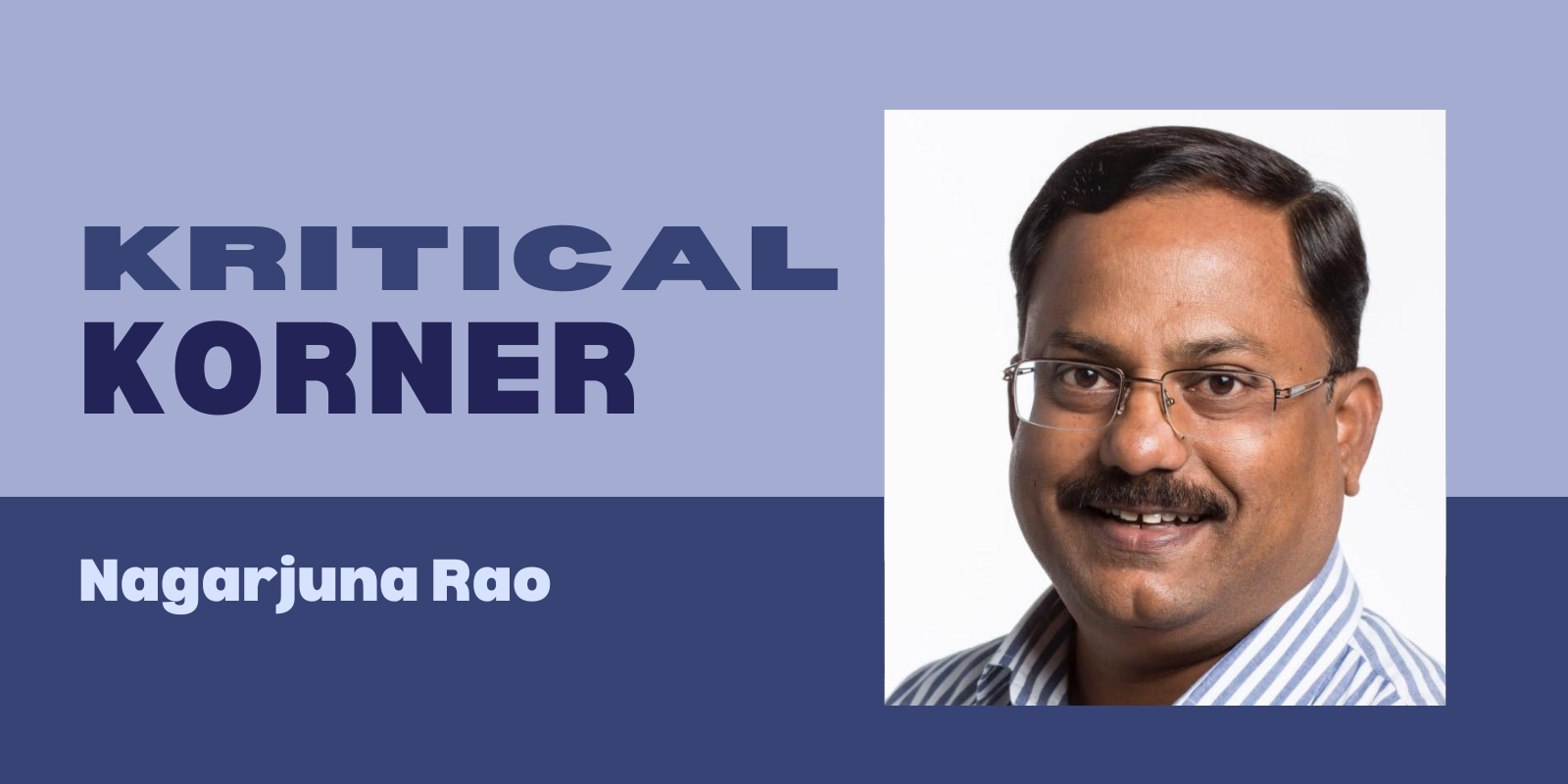P Nagarjuna Rao
Dr. Zakir Naik’s descent into absurdity has never been more evident than since his red-carpet arrival in Pakistan, where he seems to have transformed from a self-styled scholar to a caricature of one.
Once touted as an intellectual heavyweight, Naik now stands exposed as nothing more than a fugitive with a bag full of pseudo-religious rhetoric, desperately trying to stay relevant. His recent antics have made headlines for all the wrong reasons, from his misplaced sense of entitlement to his increasingly erratic outbursts.
It all began with his now-infamous complaint about excess baggage fees imposed by Pakistan International Airlines (PIA). Naik, a state guest, seemed to believe that PIA should waive the fee as a sign of respect. In what world, one wonders, should a man who is on the run from Indian authorities be given VIP treatment?
His laughable attempt to compare his experience to how he would have been treated in India — where he proudly claimed Hindus ‘respect him a little’ and would have let him off — reeks of delusion. Here is a man who, after dodging justice in India, has the gall to demand special privileges in another country simply because of his supposed religious stature.
This overblown sense of entitlement is matched only by the sheer absurdity of his public statements. Naik has become infamous for his convoluted replies to any question that makes him uncomfortable. When faced with critical inquiries during speeches or debates, his answers resemble a twisted mass of religious references, misquoted Quranic verses, and outright gibberish.
It’s as if he believes that by confusing his audience with his linguistic jalebi, he can evade answering the question altogether. Most of the time, even learned scholars have no idea what he’s talking about. But for Naik, this is all part of the show — a performance designed to give the illusion of intellectual depth where none exists.

Perhaps the most glaring example of his intellectual hollowness was his response to a woman from Khyber Pakhtunkhwa (KPK) who dared to ask a real question during a Q&A session. The woman pointed out that despite the region’s outward display of religious devotion, with five daily prayers being observed, KPK continues to struggle with rampant adultery, paedophilia, and drug abuse.
Instead of offering a thoughtful response, Naik lashed out at her, calling her question ‘contradictory’ and demanding an apology. His reasoning? That those who are truly religious would never engage in such acts. This ludicrous assertion reveals his complete detachment from reality — criminal behaviour, in Naik’s world, simply doesn’t exist unless it’s specifically mentioned in a religious text.
His angry insistence on finding an ayat, surah, or hadith to justify her claim was nothing more than a desperate attempt to deflect from the uncomfortable truth that his hollow sermons provide no solutions for real-world problems.
When he isn’t dodging questions, Naik has taken to promoting dangerous and divisive rhetoric. His call to “kill three birds with one shot” by converting Hindus and other non-Muslims, and his inflammatory statements urging Muslims to continue their jihad against Jews until the last one is annihilated, expose him as a peddler of hate. This is not a scholar, but a man intent on spreading venom, wrapped in the guise of religious interpretation.
In any civilised society, such rhetoric would be condemned outright. Yet, in Pakistan he is, receiving a platform to spout his extremist views, and being celebrated as some kind of intellectual messiah by the very country that sees India as its sworn enemy.
Naik’s warped views are not limited to political rhetoric. His treatment of women reveals the deep-seated misogyny at the heart of his ideology. According to him, unmarried women should either accept their fate as a second, third, or fourth wife, or be condemned to becoming a ‘aurat’— a market woman, as if their worth is solely defined by their marital status.
Women, naturally, have responded with the disdain Naik so richly deserves, spitting figuratively (and maybe even literally) in the face of such backward ideas. It is telling that even the Arab nations, known for their conservative views, have distanced themselves from Naik. His credibility in the Muslim world has hit rock bottom, leaving him clinging to the fringes of the subcontinent’s extremist circles.
Perhaps the greatest irony of all is that, despite all his chest-thumping bravado and self-proclaimed expertise on Islamic texts, Naik has been exposed as nothing more than a loudmouth. His evasion, his bluster, and his hate-fuelled rhetoric are all a cover for the fact that he has nothing of substance to offer. For a man who once enjoyed the limelight, it is clear that his time has passed. Naik’s star, once bright, has dimmed, leaving behind only the shadow of a man grasping for relevance in a world that has moved on.
Pakistan’s warm embrace of this fugitive may have given Naik a temporary haven, but it has also revealed the moral bankruptcy of his cause. He is no scholar, no leader, and certainly no authority on religion. He is a relic of a bygone era, a man whose novelty has worn off, and whose divisive and extremist rhetoric has been laid bare for all to see. The sooner the world recognises this, the sooner we can collectively move past the dangerous ideas that men like Zakir Naik continue to propagate.




